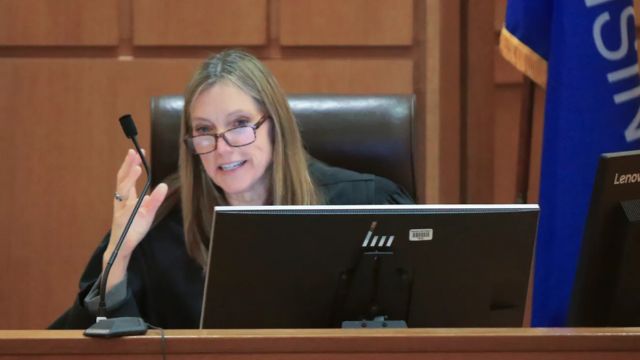In 2022, the Supreme Court overturned the landmark Roe v. Wade decision from 1973, raising concerns about the validity of an 1849 Wisconsin state statute. This law, previously deemed unconstitutional by Roe, came under scrutiny after the reversal.
Following the Supreme Court’s decision, Democratic governors Tony Evers and Josh Kaul of Wisconsin contested the statute’s status, seeking clarification from state courts on whether it still held legal weight.
According to the law, intentionally ending the life of an unborn child, except by the mother, is considered a Class H felony. It also criminalizes causing harm to a mother with the intent of terminating the fetus’s life. However, the law includes an exemption for abortions performed by a doctor in a licensed maternity hospital, deemed “necessary.”
Joel Urmanski, the district attorney for Sheboygan County, interprets the legislation as prohibiting abortions from conception to delivery, except in cases where the mother’s life is at risk.
The statute, which targets those who assault a woman to harm her unborn child, does not apply to consensual abortions, according to a ruling by Judge Schlipper in July. While the lawsuit was not fully resolved, organizations like Planned Parenthood felt confident enough to resume abortions in September.
After Schlipper’s decision, Attorney General Kaul expressed in a statement that this was a victory for freedom, equality, and women’s health. He emphasized their readiness to defend this historic ruling and reproductive freedom in Wisconsin.
It now appears highly likely that the Wisconsin Supreme Court will take up the case. Although Urmanski acknowledged his obligation to follow the order, he disagreed with the outcome and expressed his intention to appeal in a statement provided to WISN 12 News.
In August, the Wisconsin Supreme Court shifted to a liberal majority for the first time in 15 years, coinciding with the swearing-in of Justice Janet Protasiewicz.




